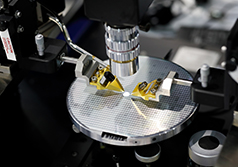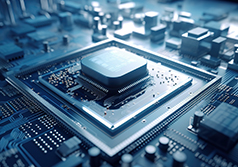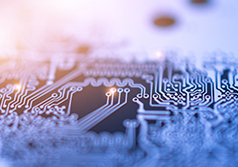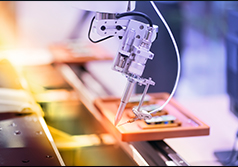The Core of the Automation Control Industry —Programmable Logic Controllers (PLC)
Introduction:
In the dynamic landscape of industrial automation, Programmable Logic Controllers (PLCs) stand as the backbone of control systems, playing a pivotal role in enhancing efficiency, reliability, and precision across various industrial sectors. This article delves into the profound professionalism of the industrial control field, shedding light on the fundamental aspects of PLCs, their classifications, and diverse applications.
What is Programmable Logic Controller(PLC)?
Programmable Logic Controllers, commonly known as PLCs, are specialized digital computers designed for industrial applications. Unlike general-purpose computers, PLCs are tailored to withstand harsh industrial environments and are programmed to execute specific tasks related to automation and control. Their primary function is to monitor inputs, make decisions based on predefined logic, and control outputs to automate industrial processes.
Classifications of PLCs
PLCs are classified based on their size, processing capabilities, and application requirements. The two main categories are:
Modular PLCs:
Modular PLCs consist of a modular rack where various modules can be added or removed based on the application's complexity. This allows for scalability and customization to meet specific industrial needs. Modular PLCs are well-suited for large and complex systems that require a high degree of flexibility.
Compact PLCs:
Compact PLCs, as the name suggests, are compact units with integrated input and output terminals. These PLCs are ideal for applications with limited space and simpler control requirements. Compact PLCs are known for their simplicity, cost-effectiveness, and ease of installation.
Key Features of PLCs
PLCs possess distinctive characteristics that contribute to their widespread adoption in industrial automation. Some key features include:
Robustness:
PLCs are designed to withstand harsh industrial environments, characterized by temperature variations, dust, humidity, and electrical noise. This robustness ensures their reliable performance in manufacturing plants, processing facilities, and other industrial settings.
Real-time Processing:
PLCs excel in real-time processing, enabling them to respond to input changes and execute control functions with minimal delay. This real-time capability is critical for applications where precise timing and synchronization are paramount, such as in assembly lines or chemical processes.
Modularity and Scalability:
The modular architecture of PLCs allows for easy expansion and customization. Users can add or replace modules to accommodate changes in the production process, making PLCs adaptable to evolving industrial requirements.
Programming Flexibility:
PLCs offer flexible programming options, allowing control engineers to create custom logic for diverse applications. The programming languages, such as ladder logic and function block diagrams, are designed to be intuitive for industrial automation professionals.
Applications of PLCs:
PLCs find extensive use across diverse industrial sectors, driving automation and control in various processes. Some key applications include:
Manufacturing Automation:
PLCs play a crucial role in automating manufacturing processes, such as assembly lines, material handling, and quality control. Their ability to control multiple inputs and outputs simultaneously ensures seamless production operations.
Energy Management:
PLCs are employed in energy management systems to optimize energy consumption, monitor equipment efficiency, and implement energy-saving strategies. This aids industries in reducing costs and promoting sustainability.
Process Control in Chemical Industry:
In the chemical industry, PLCs are utilized to control and monitor complex processes, ensuring accurate mixing, precise temperature control, and safe operation. This enhances both efficiency and safety in chemical manufacturing.
Water Treatment Plants:
PLCs are integral to the automation of water treatment plants, regulating processes such as pumping, filtration, and chemical dosing. This ensures the delivery of high-quality treated water to consumers.
Conclusion:
As the core of the automation control industry, Programmable Logic Controllers exemplify the high level of professionalism demanded in the field of industrial control. Their versatility, reliability, and adaptability make them indispensable tools for achieving precision and efficiency in various industrial processes. From manufacturing automation to energy management and chemical processing, PLCs continue to shape and advance the landscape of industrial automation, underscoring their significance in driving technological progress and innovation.
Subscribe to Us !
-
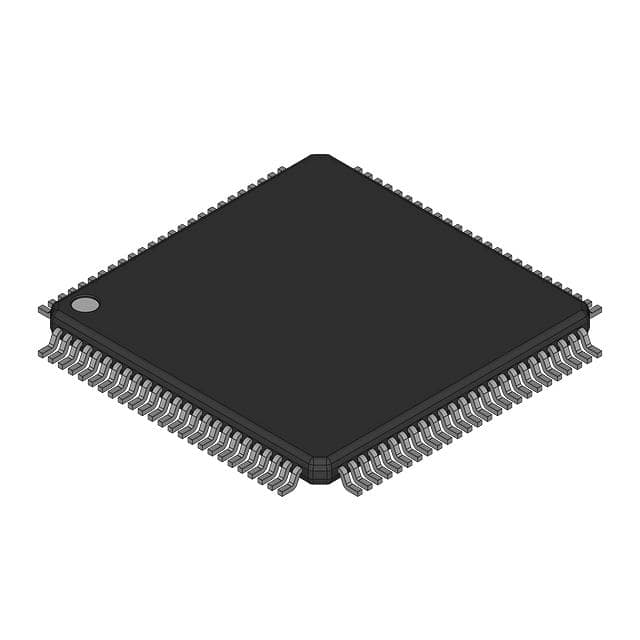 LV71081E-MPB-E
LV71081E-MPB-Eonsemi
-
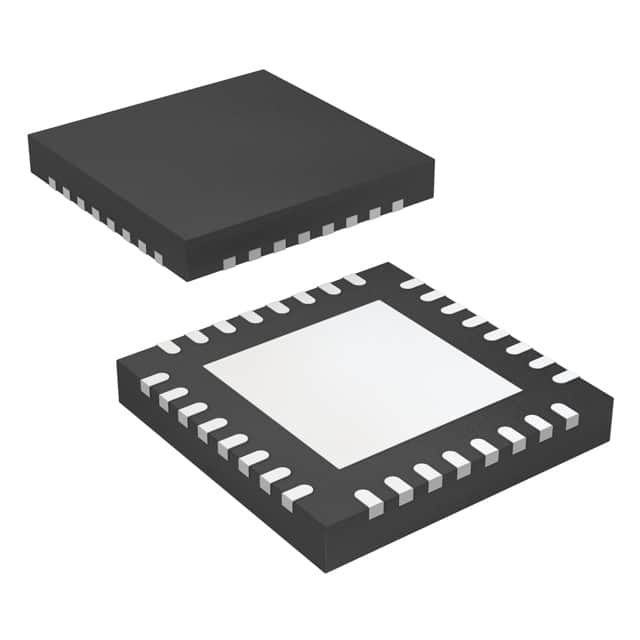 LMK00334RTVRQ1
LMK00334RTVRQ1Texas Instruments
-
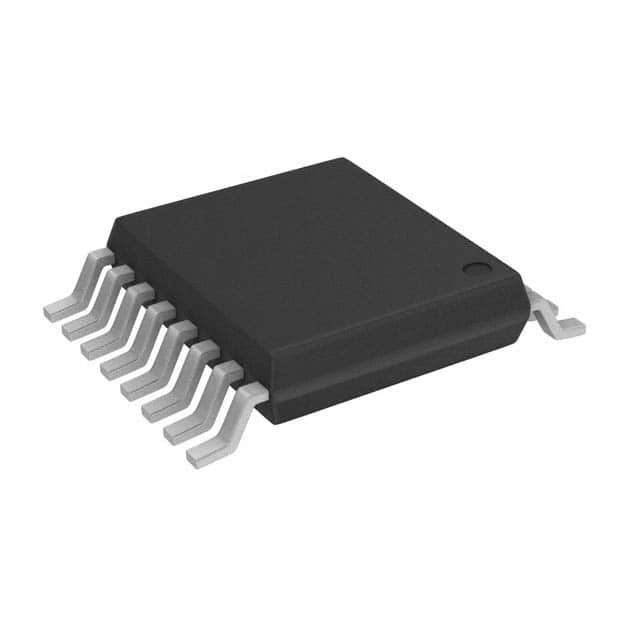 PI6C557-03LEX
PI6C557-03LEXDiodes Incorporated
-
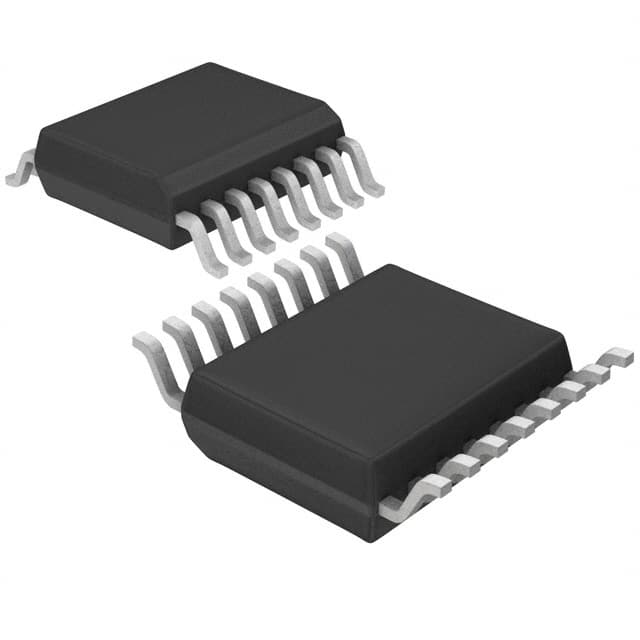 PCM1753DBQR
PCM1753DBQRTexas Instruments
-
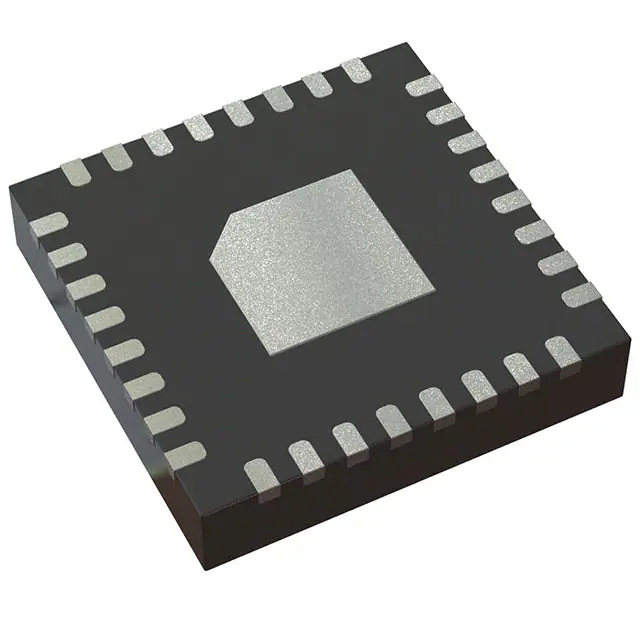 ADS1204IRHBT
ADS1204IRHBTTexas Instruments
-
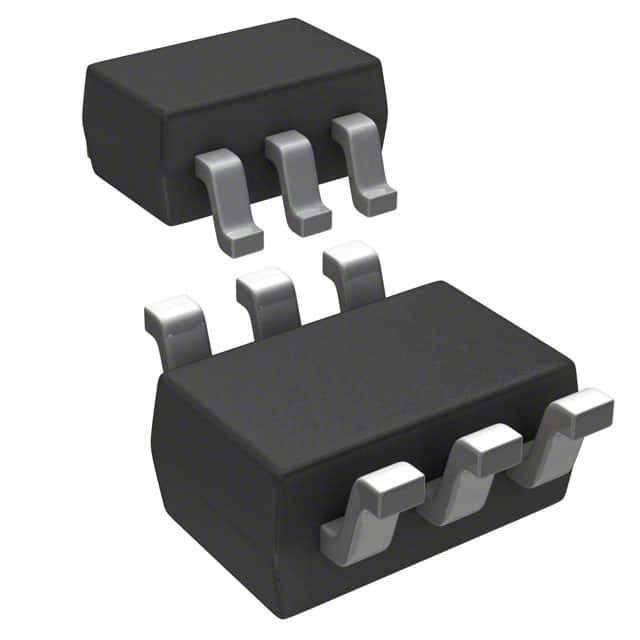 MCP4018T-104E/LT
MCP4018T-104E/LTMicrochip Technology
-
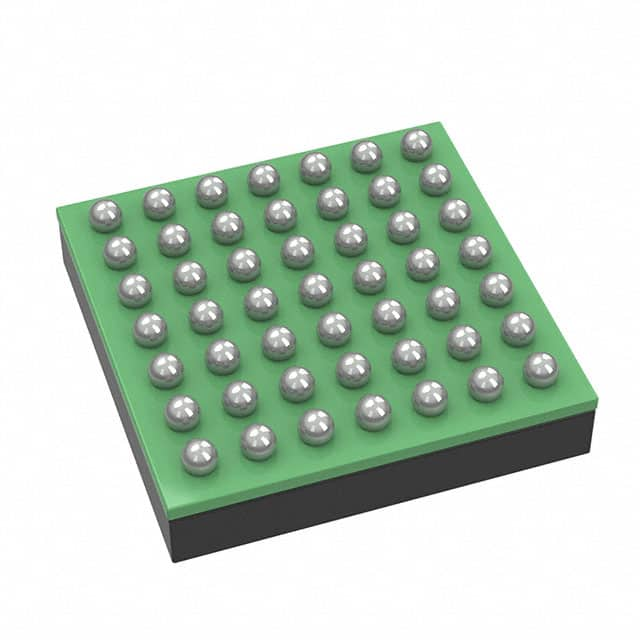 T4F49C2
T4F49C2Efinix, Inc.
-
.jpg) A40MX02-PLG44
A40MX02-PLG44Microchip Technology
-
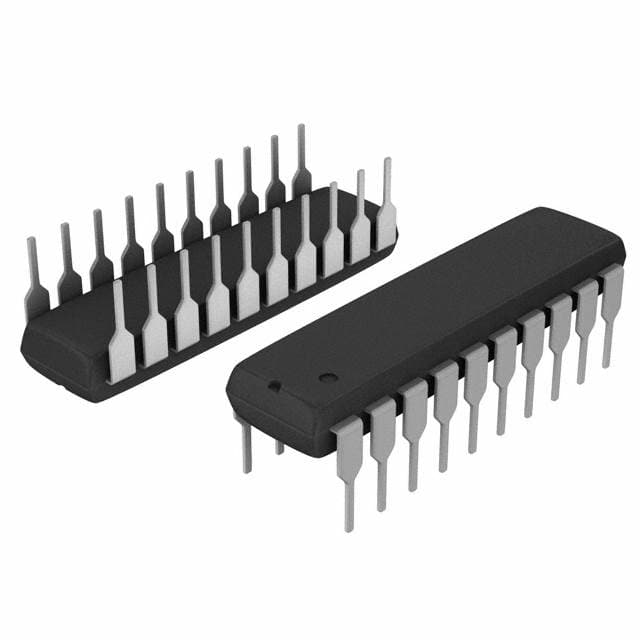 ATF16V8C-7PU
ATF16V8C-7PUMicrochip Technology
-
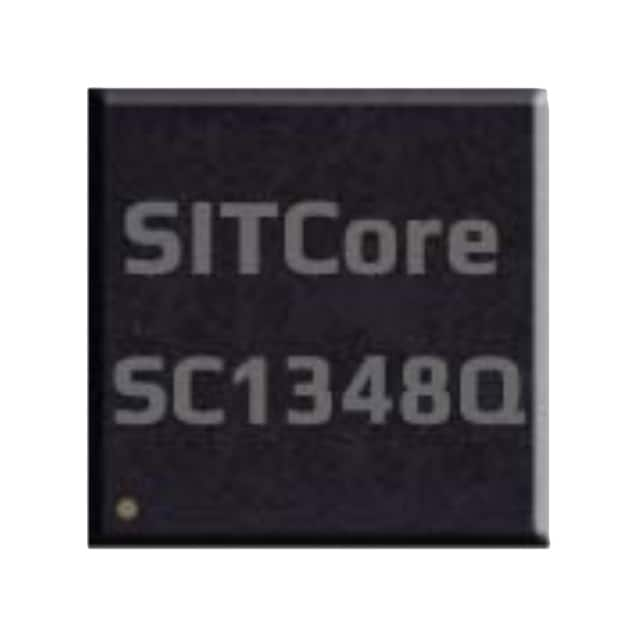 SC-13048Q-A
SC-13048Q-AGHI Electronics, LLC



